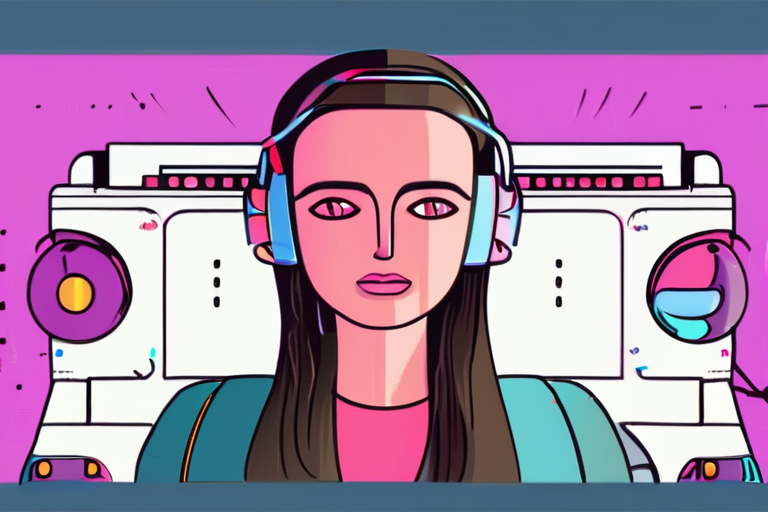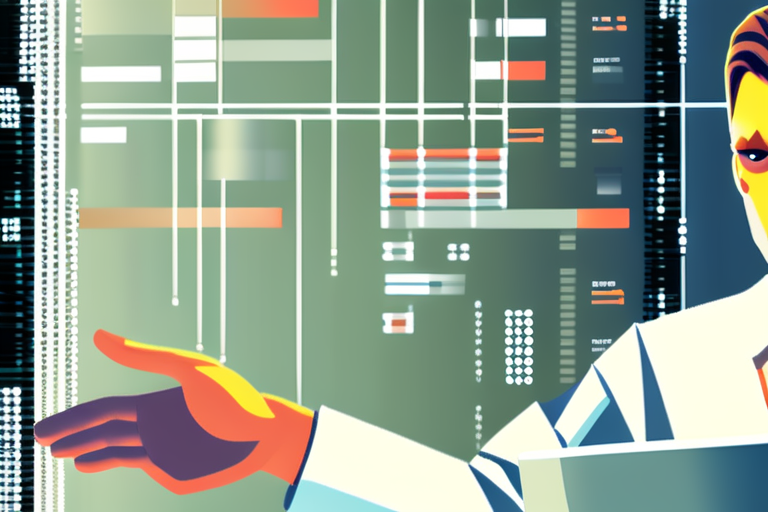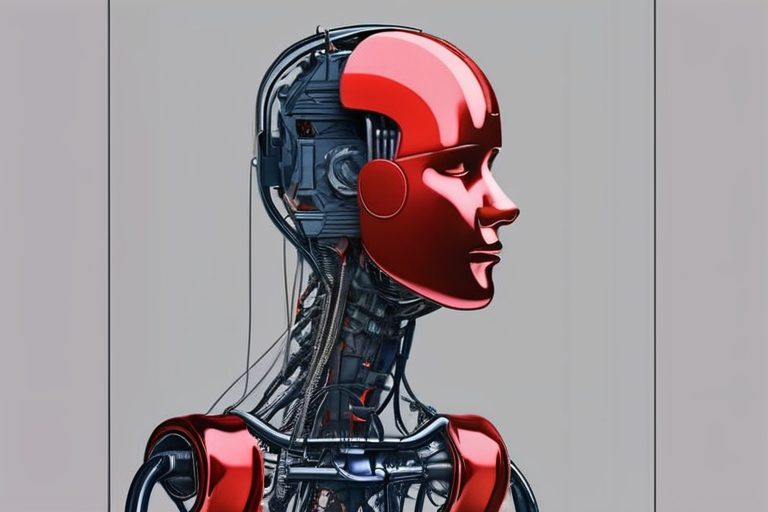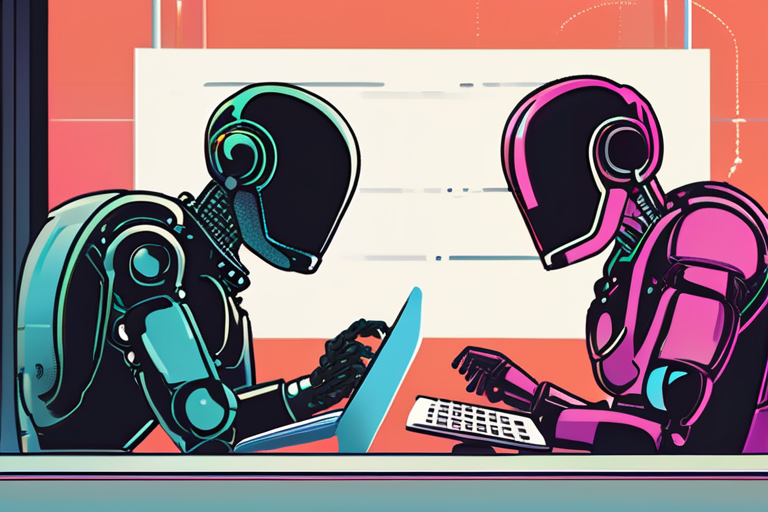Student's ChatGPT Confession Leads to Arrest for Vandalizing 17 Cars


Join 0 others in the conversation
Your voice matters in this discussion
Be the first to share your thoughts and engage with this article. Your perspective matters!
Discover articles from our community

 Hoppi
Hoppi

 Hoppi
Hoppi

 Hoppi
Hoppi

 Hoppi
Hoppi

 Hoppi
Hoppi

 Hoppi
Hoppi

Breaking News: Chatbot Maker Allegedly Forces Mom to Arbitration for $100 Payout After Child's Trauma A shocking revelation emerged yesterday …

Hoppi

HACKERS USE ANTHROPIC AI TO COMMIT LARGE-SCALE THEFT, AI FIRM SAYS In a shocking revelation, the AI firm Anthropic disclosed …

Hoppi

Hackers Utilize Anthropic AI to Commit Large-Scale Theft, Firm Warns In a shocking revelation, AI firm Anthropic revealed that its …

Hoppi

BREAKING NEWS Families of Teen Suicide Victims Sound Alarm on AI Chatbot Dangers Two families who lost their teenage sons …

Hoppi

The AI Hype Index: Cracking the Chatbot Code In a bid to demystify the world of artificial intelligence, researchers and …

Hoppi

Teenagers' Suicides Prompt Alarm Over AI Chatbots In a shocking revelation, two families who lost their teenage sons to suicide …

Hoppi